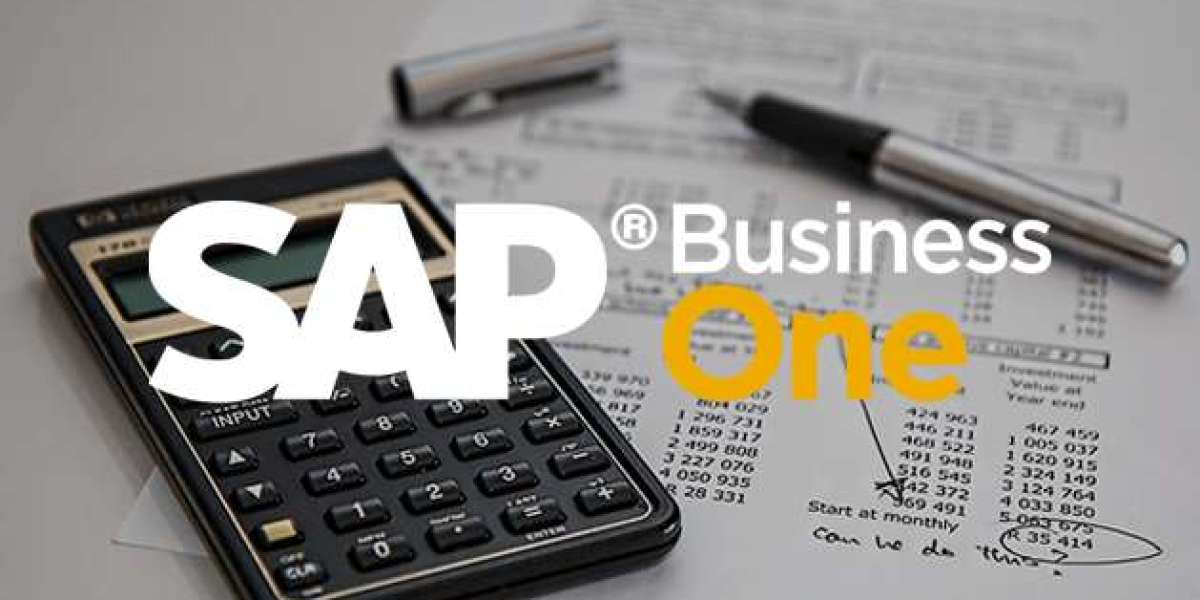Customer Relationship Management, as a popular concept in the field of information technology, has been defined multiple times since its inception:
Simply put, a CRM system is a strategic business approach aimed at helping businesses better manage interactions and relationships with customers, thereby maximizing sales revenue and improving customer retention. Generally, business operations require four major stages: research and development, production, sales, and revenue, while CRM system plays a role in the pre -, mid -, and post-sales stages——
Pre-sales customer acquisition - competing for more customers
Follow up during sales - efficiently follow up with customers
After-sales maintenance - improving customer satisfaction
The informatization process of the CRM system
(1) Paper management: Difficulty in information preservation, inconvenient for data collection and statistics;
(2) Excel Office: Data sharing, querying, and collaboration are all difficult, and mobile devices are inconvenient to use;
(3) Standard CRM application: The functions are relatively fixed and difficult to meet personalized needs, making secondary development difficult;
(4) Outsourcing/developing CRM software oneself: Although it meets personalized needs, it faces high time and economic costs;
(5) Using Zero Code Platform: Based on the Zero Code Platform, enterprise organizations can quickly build management systems, significantly reducing costs;
(6) CRM system Code Solution: Provides both a standard CRM scenario suite and zero code-building capabilities.
The standard CRM management function not only covers customer lead management, business opportunity management, contract management, sales collaboration management, data analysis, and other functions, but also supports enterprises to customize development according to their own needs, meet the comprehensive needs of enterprises, and provide a full process solution from market acquisition, lead allocation, customer follow-up, business process, and after-sales management.
1. Core functions - must have
The core functions determine whether the system can be included in the CRM system category, and these functions should be the standard functions of all CRM software.
A qualified CRM solution must be able to provide the following three core functions——
(1) Customer Information Management
Store customer names, companies, phone numbers, and other related information in a searchable database, known as the "public sea pool"
The information in the public sea pool is an important source of customer information for subsequent sales and cultivation
(3) Clue management
The process of converting potential users into intended users through identification, rating, and sales channels.
Clue pool: All clues are uniformly deposited in the online search pool
Lead collection: Each salesperson can collect leads in bulk from the lead pool
Lead return: For leads that do not meet the requirements, sales can return them to the lead pool again
(2) Interaction tracking capability
The so-called interactive tracking ability refers to the ability to add comments and track transaction history to record conversations with specific contacts.
Complete public sea pool leads - sales claims - follow-up tracking - lead rollback rules - follow-up reports, effectively preventing problems such as untimely lead follow-up and user loss
yinjia yinjia
12 Blog posts









